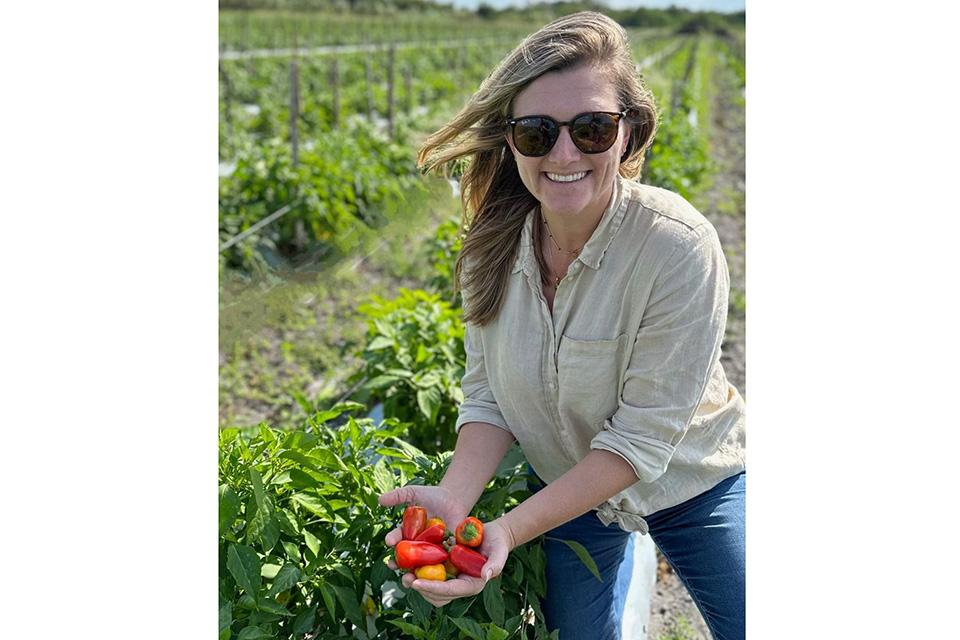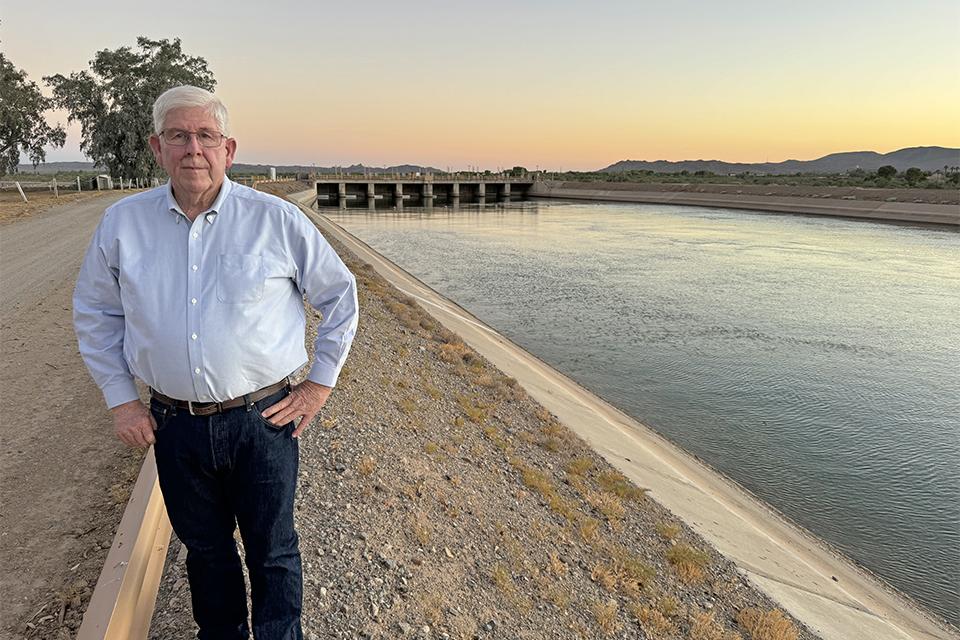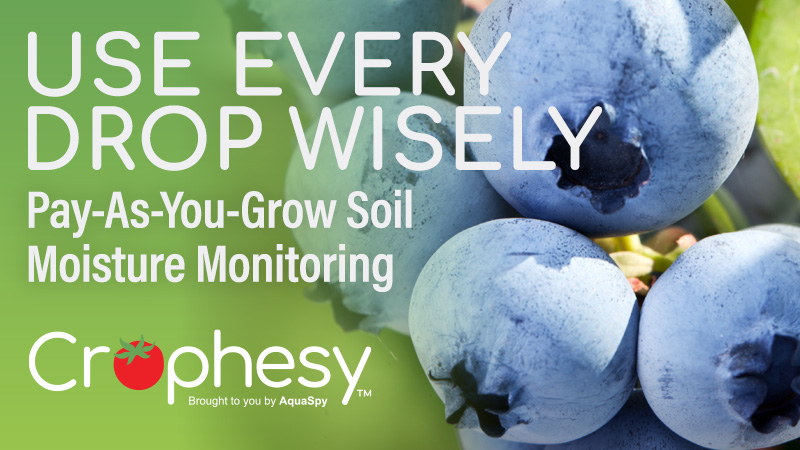Congratulations to the 2024 Grower Achievement Award Regional Winners
Each year, American Vegetable Grower asks the industry to nominate the best growers in the country, so we can honor three of them with the prestigious American Vegetable Grower Grower Achievement Award®.
And the industry enthusiastically responds, giving our editorial team more than 50 farms to select winners from. This year’s winners represent growers striving to make a difference for not only their farms, but for the industry and the wider community.
From tackling water issues, to building a better life for farmworkers, to helping fellow growers succeed financially, this year’s regional winners are amazing.
Our team first selects three regional winners from the peer-nominated contenders. We then ask past national winners to vote on which of the regional champions they believe should be the current national winner.
Our 2024 Grower Achievement Award national winner will be one of the following growers, which will be announced here next week.
East Region Winner
Anais Beddard, Lady Moon Farms (Pennsylvania, Florida, and Georgia)

Anais Beddard
Photo courtesy of Lady Moon Farms
Anais Beddard’s parents bought a small organic farm as newlyweds with a dream of raising their kids in a healthy environment. Today, it is a 3,000- acre operation with production in three states, Pennsylvania (headquarters), Florida, and Georgia. Beddard has a background in finance and played a pivotal role in building the operation to what it is today.
One of her two nominators noted how she funnels much of the farm’s profits back to the employees in major bonuses. In the past five years, she has paid more than $1 million in bonuses. While she uses H-2A, all other workers on her farm are direct employees, no contract firms. Also, all managerial positions are filled from within the ranks. She arranges for training and leaders to be bilingual. She is also on the Executive Board of The Foundation for Farmworkers, an organization that “is generating funds to provide services and support for farmworker families to be free from fear of family separation, to recover from disaster, and to pursue higher education,” according to the Foundation.
She has also been ahead of the curve in the regenerative movement. She was a founding member of the Real Organic Project and served on its Executive Board. She remains on the advisory board.
Central Region Winner
Nic Welty, 9 Bean Rows (Michigan)
9 Bean Rows is the smallest farm to earn the Grower Achievement Award at the regional level. Nic Welty has had an outsized impact on growers in his region, despite the few acres he has. On the farm management side, he combines his deep education (Master of Science, focusing on plant genetics, the Ohio State University; a double undergrad in biology and economics — and a minor in chemistry — from Carnegie Mellon) with marketing, making his farm market a draw for customers from more than an hour away from his rural Michigan location.
His influence in farming is even bigger. He acts as a financial advisor to small farms throughout the region, helping them figure out a viable business plan. He was also instrumental in forming the Michigan Farm Co-op, which involves more than 20 small farms in Northern Michigan, allowing them to offer a year-round CSA (consumer-supported agriculture).
His operation focuses on sustainable practices and does not use chemical fertilizers or pesticides. He relies on manual weeding to cultivate and chooses a no-till approach to planting.
West Region Winner
Mark Smith, Smith Farms Company (Arizona)

Mark Smith of Smith Farms in Yuma, AZ
By Yuma terms, Smith Farms is a small operation, at only 1,500 acres. Yet owner Mark Smith has made a bigger impact than just about all the large-scale operations nearby. Within five years of founding his farm in 1980, he recognized how having an entire region dependent on a single water source could expose growers to a vulnerable future. So he decided to tackle the water issue at all levels. He joined the Yuma Irrigation District, eventually acting as President, which he still does today. He also served on the Imperial Dam Advisory Board (the last diversion dam on the Colorado River) and served Arizona’s Governor Ducey on his Augmentation Innovation Council, which deals with the state’s water policy, and continues to work with Governor Hobbs today.
That strategic focus on water has led him to begin experimenting with water reduction on his farm. He quickly realized understanding results and getting workable solutions were beyond the abilities of just one grower and, along with a few other area growers, was instrumental in setting up the Yuma Center of Excellence for Desert Agriculture (YCEDA). Yuma is now perhaps the most water efficient growing areas in the U.S.
His focus on water has also led to spearhead bringing high speed broadband to Yuma. In order to get reliable data on soil conditions, the area needs to be able to use an enormous amount of data from sensors and other developing technologies. The first major infrastructure for this plan will be in place by January 2025. It will have the fastest speeds and capabilities of any growing area in the U.S., and that capability has tech companies lining up to get the chance to work with growers.
Who do you think will be named the 2024 overall Grower Achievement Award winner? Put your comments in below.









